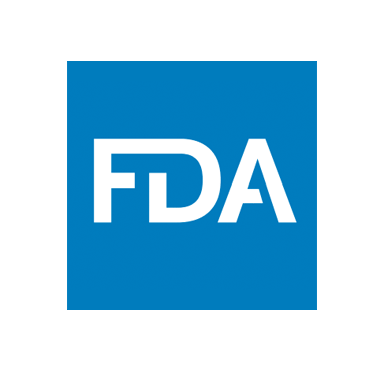FDA clarifies deferral policy on pediatric studies for new cancer drugs
 Clinical TrialsComplianceNorth AmericaPharmaceuticalsPreclinical studyRegulatory Intelligence/Policy
Clinical TrialsComplianceNorth AmericaPharmaceuticalsPreclinical studyRegulatory Intelligence/Policy Clinical TrialsComplianceNorth AmericaPharmaceuticalsPreclinical studyRegulatory Intelligence/Policy
Clinical TrialsComplianceNorth AmericaPharmaceuticalsPreclinical studyRegulatory Intelligence/Policy